The Swine Health Information Center (SHIC) continues to review and update Swine Disease Fact Sheets posted on its website as part of its mission to protect the health of the US swine herd. The information in updated fact sheets provides guidance and resources for producers, practitioners, and diagnosticians who are on the front lines of swine health concerns. Most recently, fact sheets on Nipah virus (NiV) and porcine rubulavirus (PoRV) were posted.
The NiV fact sheet is a major revision of the original document. Updates on diagnostics and vaccine development, in addition to epidemiology, were all incorporated. Its literature review is as current as possible, even including publications from as recent as May 2021.
NiV is a zoonotic paramyxovirus that causes serious disease in people. It is carried subclinically by pteropid bats. Pigs can become sick and act as amplifying hosts. Entry of NiV into the United States is a public health concern and could lead to swine industry losses.
PoRV is endemic in Mexico and therefore a risk for the US. It’s important for US producers and veterinarians have a central source of the most up-to-date information about this virus in case they need it, leading SHIC to develop and publish the updated fact sheet.
PoRV, also known as La Piedad Michoacán virus (LPMV), is a paramyxovirus of swine that causes CNS signs and high mortality in piglets, respiratory disease in pigs over 30 days-of-age, reproductive disease in sows and boars, and corneal opacity (“blue eye”) in pigs of all ages.
SHIC, launched in 2015 with Pork Checkoff funding, continues to focus efforts on prevention, preparedness, and response to novel and emerging swine disease for the benefit of US swine health. As a conduit of information and research, SHIC encourages sharing of its publications and research. Forward, reprint, and quote SHIC material freely. SHIC is funded by America’s pork producers to fulfill its mission to protect and enhance the health of the US swine herd. For more information, visit http://www.swinehealth.org or contact Dr. Sundberg at [email protected].
Copyright 2025 | Swinehealth.org | Website by Heartland Marketing Group